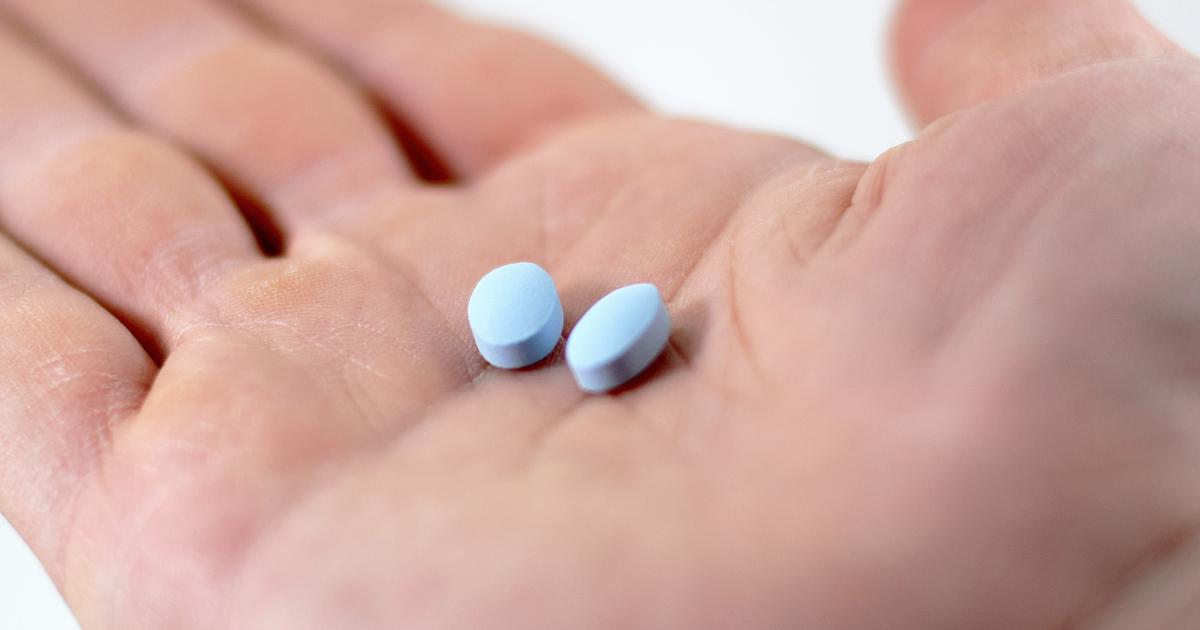What Causes Gastritis?
Regular Use Of Nonsteroidal Anti-inflammatories

An individual who regularly uses nonsteroidal anti-inflammatory drugs may develop gastritis as a result. These types of medication disrupt the mechanisms the stomach uses to keep a good balance of acid and mucus. Certain substances in the stomach stop it from producing too much acid so the stomach lining does not become damaged. Nonsteroidal anti-inflammatory drugs are known to stop these substances from being released, causing the individual's stomach to produce too much gastric acid. An excessive amount of gastric acid in the stomach can corrode its lining, cause tissue damage, and produce inflammation that leads to gastritis. Nonsteroidal anti-inflammatory drugs cause the blood flow to decrease in the mucosal lining of the individual's stomach, making it more susceptible to erosion since it is not able to effectively regenerate or repair itself without a good supply of blood. Other substances that protect the lining of the stomach called cyclooxygenase 1 and 2 are neutralized by nonsteroidal anti-inflammatory drugs, allowing for further deterioration of these tissues.
Continue reading to learn more about the causes of gastritis now.